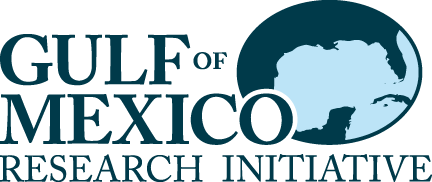Summary:
The northern coast of the Gulf of Mexico is currently being inundated by oil from the Deepwater Horizon well, with total releases now in the 40-60,000 ton range. Oil has already impacted the Louisiana, Mississippi and Alabama coasts, has begun to appear on beaches and barrier islands in northwest Florida and threatens the entire coast of the Florida panhandle, including Apalachicola area and its fisheries. We propose to measure and document concentrations of hydrocarbons in sediments and water over a one-year period at eight sties along the coast from Grand Bay, MS to Apalachicola FL, including two National Estuarine Research Reserves. We will measure key biogeochemical parameters associated with primary productivity and nutrient dynamics in coastal waters, to test if these parameters are affected by the presence and concentration of petroleum hydrocarbons. We will also determine whether resident fishes in theses areas are expressing biomarkers of exposure to oil or oil components, specifically induction of enzyme systems associated with detoxification of petroleum hydrocarbons. With this data, we will test hypotheses related to spatial and temporal patterns and relationships among these measures of oil distribution, exposure, accumulation and effect. We seek to provide important early data about key parameters likely to be affected by the oil spill, and to lay the groundwork for future research programs, mitigation efforts, and damage assessment. We also seek to expand student training opportunities related to the impact of the oil spill, and to interface with existing efforts and to address future needs of state and federal agencies, including NOAA.
